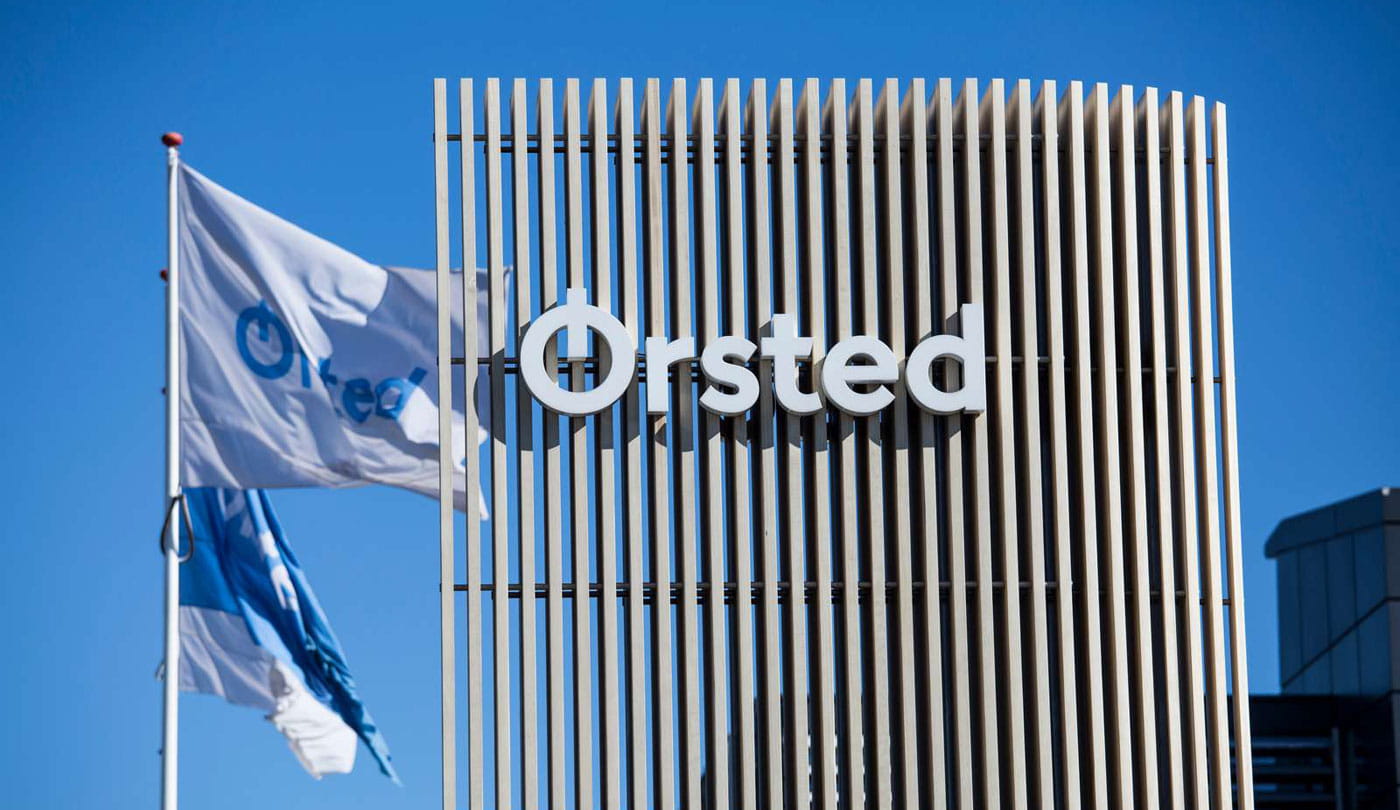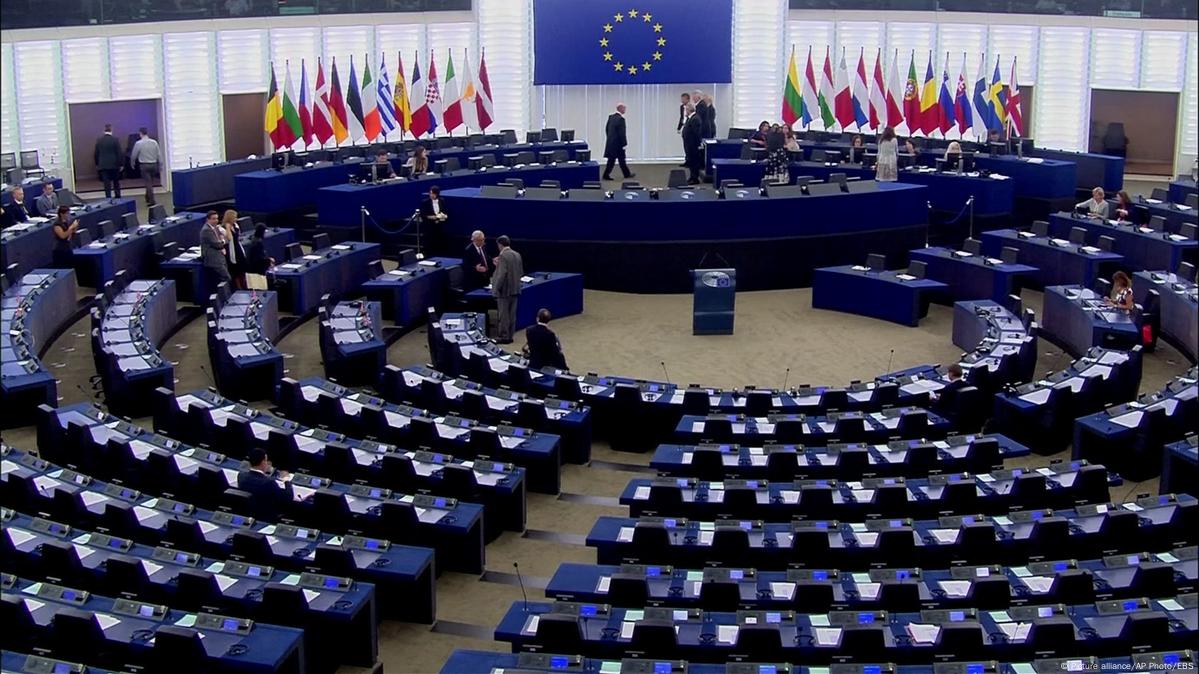RBC Climate Report Calls for Increased Investment to Achieve Canada’s Net Zero Goals

|
Listen to this story:
|
Canada needs to double climate spending to reach Net Zero
The RBC Climate Action Institute released its Climate Action 2024 report, offering an unprecedented look at Canada’s climate progress and readiness. The research indicates that Canada may not be on track to reach its climate goals and needs to nearly double climate spending to achieve Net Zero by 2050.
Informed by population-level surveys, industry data, and tailored research methodologies, the team of researchers at RBC’s new RBC Climate Action Institute reveal many findings that explore Canada’s climate readiness. Climate Action 2024 breaks the challenge down by analyzing six key sectors: Oil & Gas, Transportation, Buildings, Electricity, Heavy Industry and Agriculture – exploring the most pressing issue or opportunity in each sector. The report is guided by engagement with climate experts, governments, industries and communities, and explores ideas and actions that can help Canada achieve Net Zero.
“We need a step-change in the amount of capital going into the energy transition. We’ve measured a 50% increase since 2021, largely because of federal commitments, and that needs to double again very quickly. The private sector, with support from the provinces as well as Ottawa, needs to carry the transition from here,” said John Stackhouse, SVP, Office of the CEO, RBC.
While Canada is making important progress in areas like electric vehicle adoption and home retrofits, this new research from the RBC Climate Action Institute indicates that the pace of change needs to accelerate. Some of the other key findings from the report include:
- The federal government has covered roughly 80% of the cost of climate action since 2016. The provinces need to step up spending to get Canada back on track.
- More than half of Canadian businesses have set emissions reduction targets for 2030, and 96% of CEOs surveyed are confident they can hit them.
- Roughly two-thirds of Canadians want to do more to tackle climate change, but roughly half don’t favour actions that could erode their standard of living.
- Government subsidies for home retrofits have helped consumers overcome “the green premium.”
- While investments in carbon capture, utilization and storage are vital in the long run, methane cuts can yield faster results.
- Wind generation is now the country’s leading new source of clean energy, and growing faster than it has in a decade. But 11.5 gigawatts more—equivalent to powering all homes in British Columbia and Alberta—will be needed to meet 2030 renewable energy goals.
In addition to a macro analysis of decarbonization pathways, Climate Action 2024 profiles some Canadian companies at the forefront of climate action. From family farm operations that are employing biological fertilizers to reduce soil degradation, to manufacturers who are blending the emissions from cement manufacturing with waste materials to create new buildings materials, Canadian companies are leading climate innovators.
Related Article: The RBC Climate Action Institute Created to Inspire Action for Canada’s Net Zero Journey
“Canadians are motivated to act on climate change, and many are consciously taking steps to lower their carbon footprint. However, climate action isn’t happening fast enough,” said Myha Truong-Regan, head of Climate Research, RBC Climate Action Institute. “One of the challenges is that only 28% of us are willing to pay more for necessities like food, energy and travel. Technology like EVs and heat pumps can help us overcome this so-called ‘green premium’, but they need to become more affordable. We see an opportunity for the provinces to step up their climate spending and help make these solutions mainstream.“









